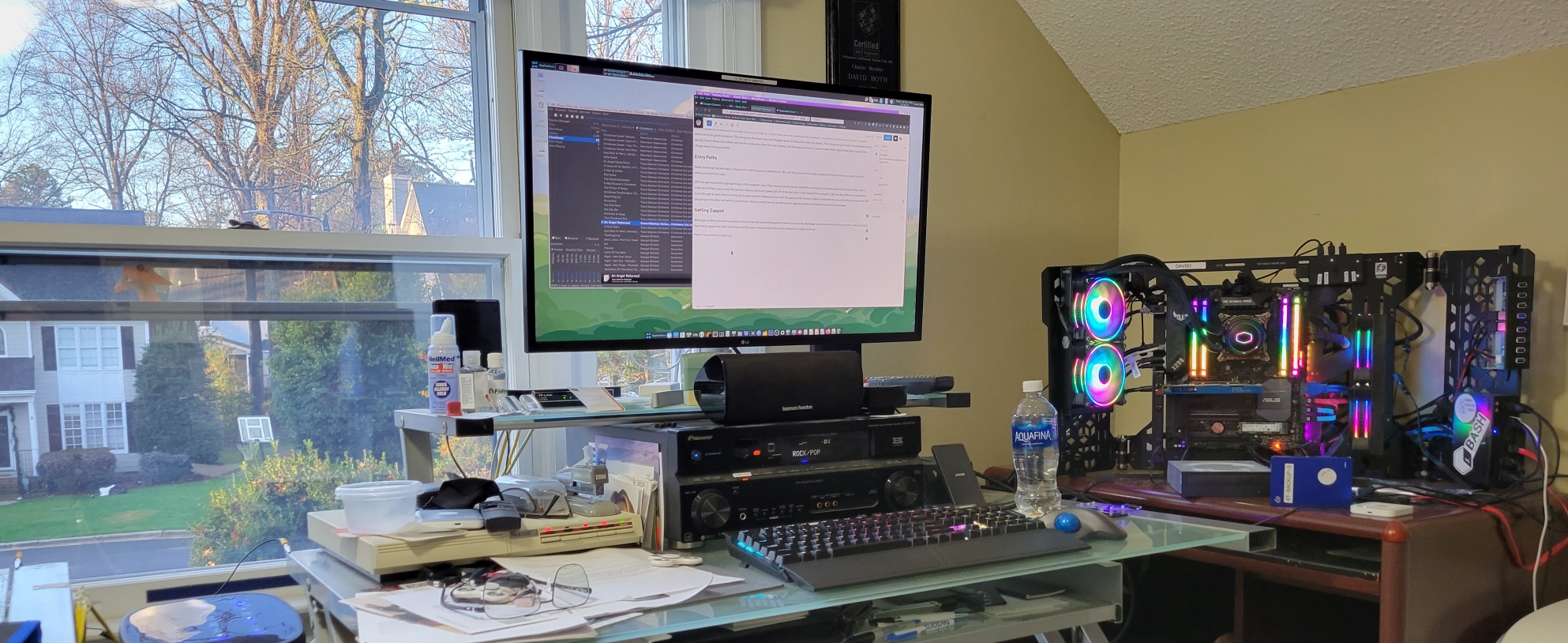Security is an important aspect of the design and administration of Linux. Linux is very secure right out of the box and can be made even more so with proper application of the security tools it provides. This includes the use of strong passwords with a requirement to change them on a regular basis, use of Secure SHell (SSH) for remote logins, strong firewall protection, filesystem encryption and even the use of SELinux as developed by the NSA for extreme security.
Security measures must be at least somewhat obtrusive in order to be effective. As an administrator, you are not doing your job unless someone complains about the hassles that your security efforts are causing them. On the other hand, too much security can cause other undesirable actions ranging from writing down passwords that are impossible to remember thus making them irrelevant, to edicts from management that you will no longer use certain security best practices because too many people have complained about how difficult some aspect of security makes it to do their jobs. It is a delicate balancing act, but it does help if you can point to published best practices when confronted with management push back.
This chapter helps you secure Linux.
